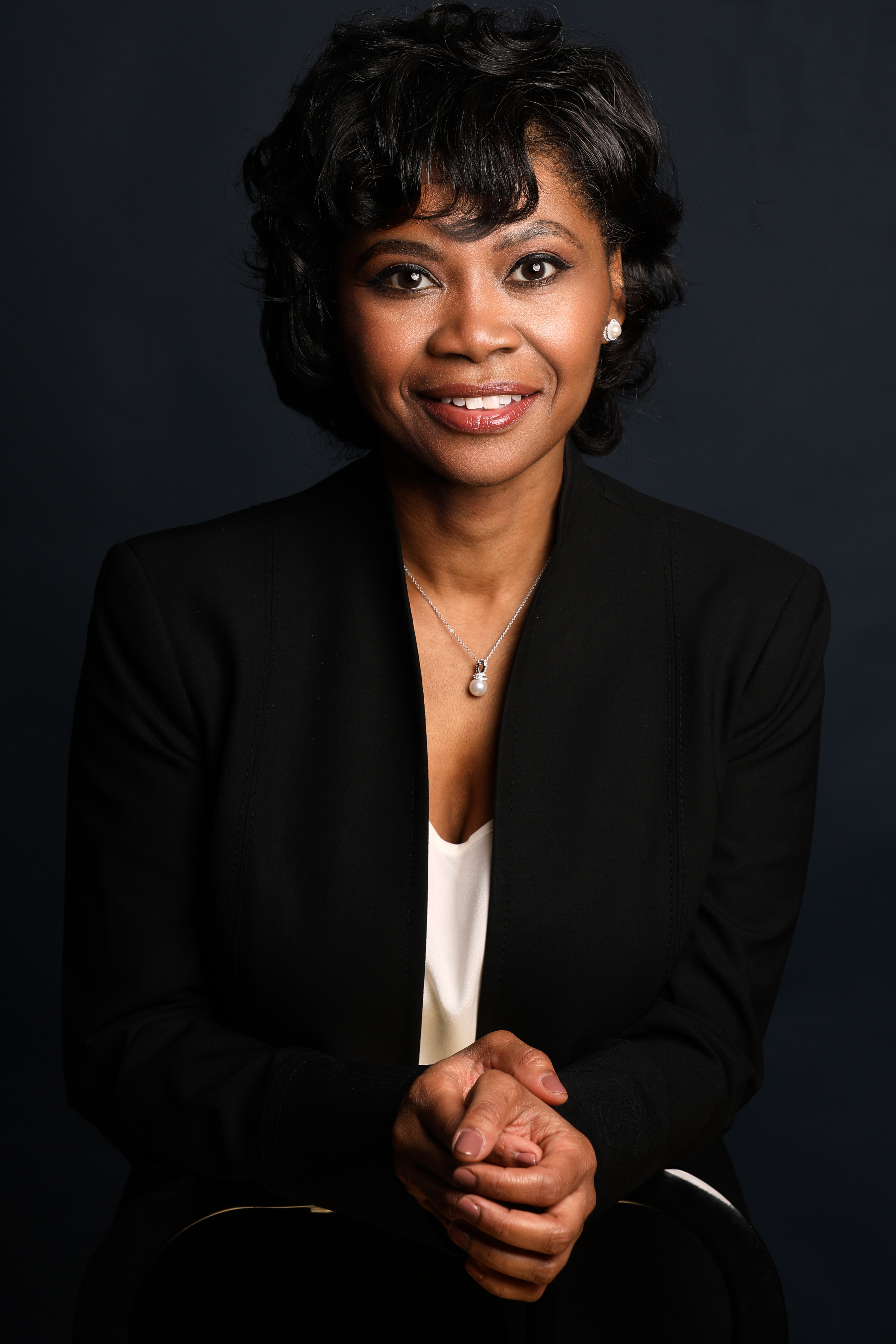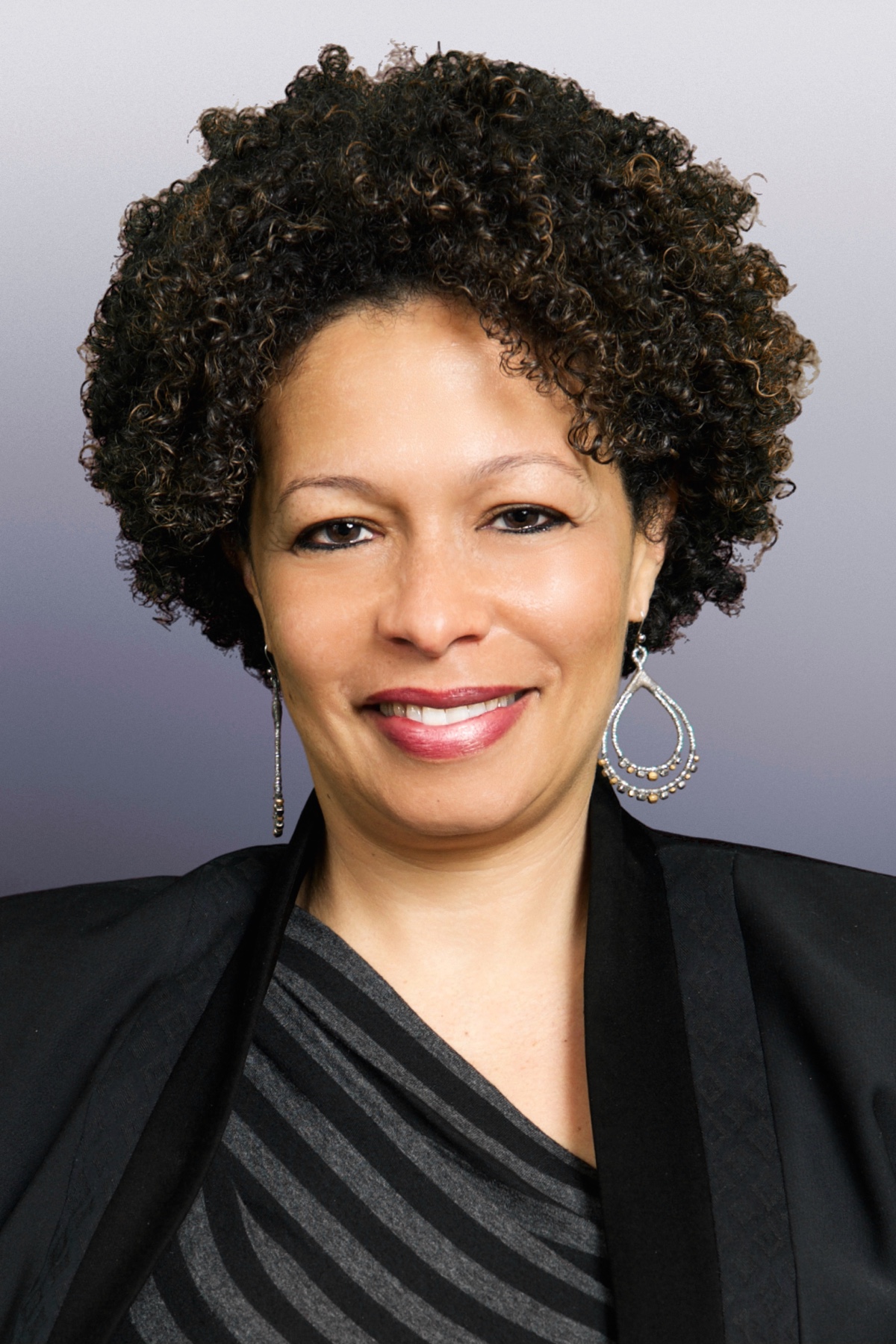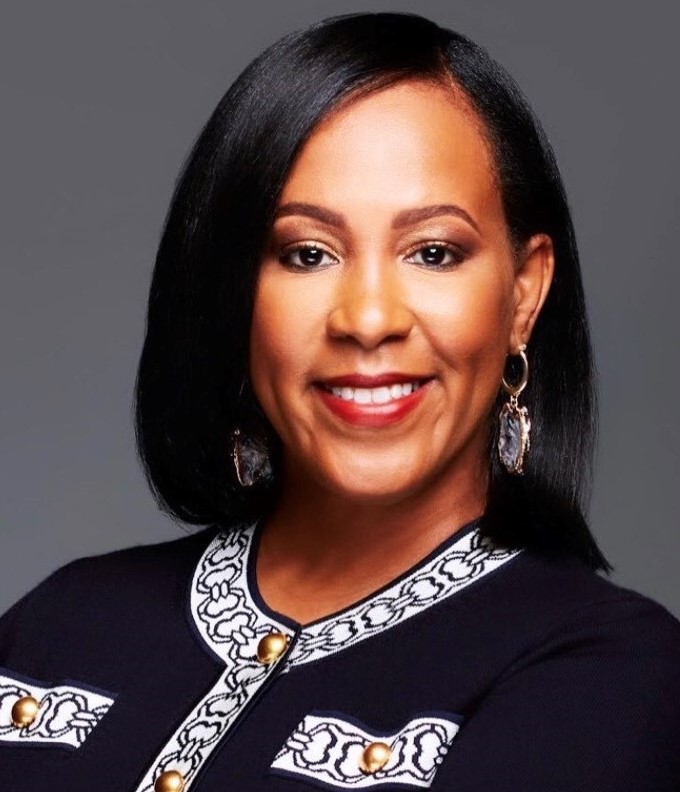As part of the Division of Aviation’s Black History Month celebration, the airport’s Racial Equity Advisory Council (REAC) hosted a Racial Equity Virtual Roundtable on February 17 with Sara Lomax-Reese, President and CEO of WURD Radio and co-founder of URL Media ; Nefertiri Sickout, Chief Diversity, Equity and Inclusion Officer for the City of Philadelphia, Mayor’s Office of Diversity, Equity and Inclusion; and Eboni Wimbush, President and CEO of the Airport Minority Advisory Council (AMAC). The panel was moderated by Deatrice Isaac, Deputy of Airport Procurement.
“It is tremendously important for our society to normalize seeing and celebrating women of color in leadership positions,” said Jonathan Todd, Division of Aviation Director of Workforce Development and REAC co-lead. “Eboni, Nefertiri and Sara personify black excellence and we are grateful for them speaking truth to power at the Roundtable discussion.”
During the hour-long session, the panelists discussed their backgrounds, career pathways, obstacles they have encountered and what motivates them to continue prioritizing Diversity, Equity and Inclusion (DEI) in their work.

“The journey to my current position started with early exposure to a career that sparked interest,” said Wimbush, whose mother was a flight attendant. She also had the opportunity to attend the Tuskegee Flight School and flew under Charles Alfred “Chief” Anderson Sr., known as the Father of Black Aviation. “Though I didn’t pursue a career as a pilot, my love for aviation was born.”
After graduating from Embry-Riddle Aeronautical University, Wimbush went on to positions at FedEx, Johnson Controls and Siemens, and the City of Baltimore Mayor’s Office. “You can imagine as a young Black woman pursuing careers in predominately older white male industries, I’ve had a few obstacles,” said Wimbush. “Some of my keys are becoming extremely knowledgeable in the field you are in and building credibility and respect. It’s important to build relationships not only with people who look like me or think like me or come from the same place that I do.” Wimbush added that persistence is important and that she “always raised [her] hand” and when told no, she tried to figure out why, ask more questions and be ready for the next time.
Lomax-Reese has been a Black media entrepreneur for almost 30 years, starting as a magazine publisher in 1992, when she and

Valerie Boyd founded a Black health publication. “Everyone is talking about health disparities and social determinants of health now because of COVID, but we were doing that in the early 90s,” Lomax-Reese said. “Every issue was focused on the intersection of race, income and health.”
Lomax-Reese’s family purchased WURD in 2002. In 2010, when the station was facing a difficult economic period, she stepped in to manage it. “Think pre-2020 and the racial justice protests were happening,” said Lomax-Reese. “No one was supporting Black media.” Lomax also said that while it took some time, the station is profitable.
When asked what advice she can offer others, Lomax-Reese said, “My guidance to folks is develop your own selfcare practices because the pace of this work is incredibly relentless. We’re dealing with a lot of mental and emotional strains on us.”
She added, “Know thyself- don’t let anyone define who you are and what you can do. Don’t let people impose those things on you. Only you know what you can do. Don’t let others’ perceptions of you limit what you can do. Bring your full self to everything you do and be confident that your full self is enough.”

Sickout spoke of her career being “born out of adversity.” She was born in New York to a single mother and raised in Atlanta, grew up in an era where the drugs and crime were an epidemic that impacted her community. “But I was born to a very loving and tightknit family. Even though I was being raised in this environment, I was sheltered from it at the same time because I had a family that was very loving and very nurturing,” Sickout said. “I ultimately did not become a statistic. Even though I was born into this place where conditions and statistics would push me into one outcome, I had a family that was very loving and supportive and nurturing that allowed me to pursue a different path.”
Throughout the session the women also spoke of the future and the work that must be done in order to advance DEI initiatives in all aspects of society.
“The challenges from the time in which [AMAC] was created to the challenges today are the same,” said Wimbush. “Progress has been made, but there is still a lot of progress to be made. All of these challenges, they can’t be done alone. It takes collaboration with local governments. It takes community organization. It takes government agencies. It takes each of you. Get in the game! There is a role for everyone to advance diversity, equity and inclusion in the workforce.”






